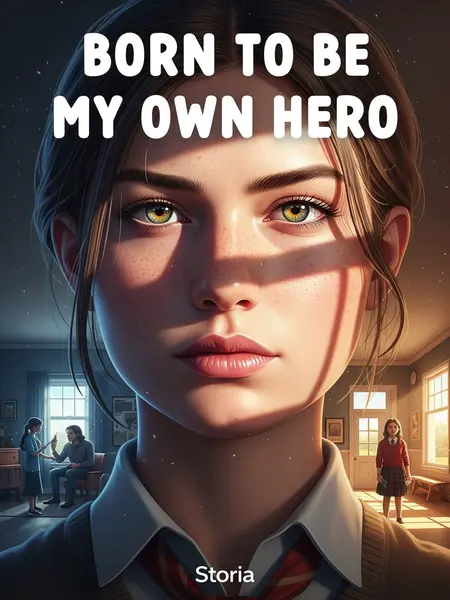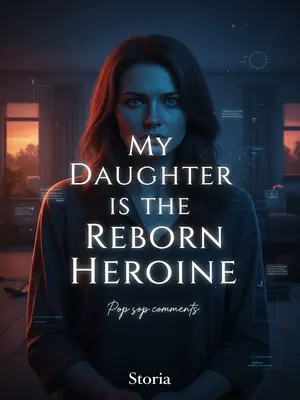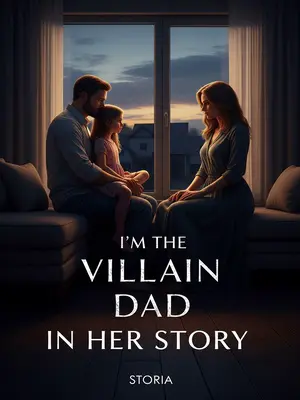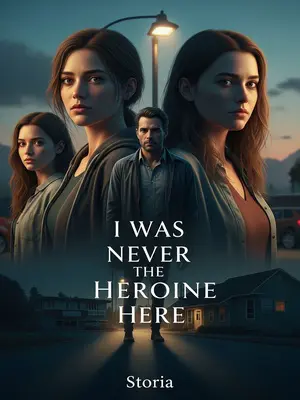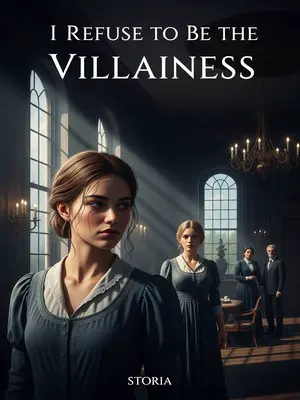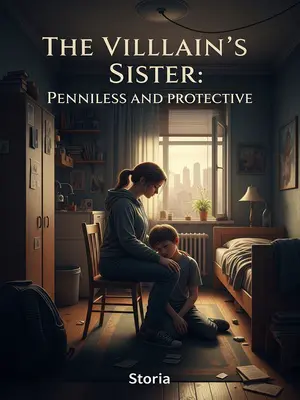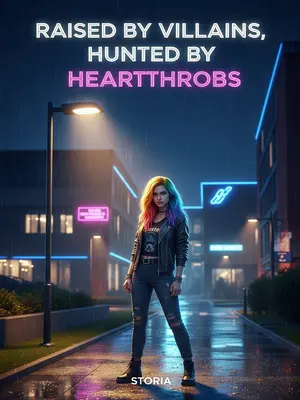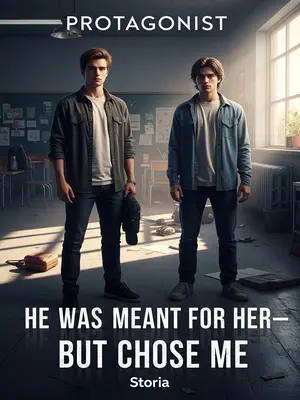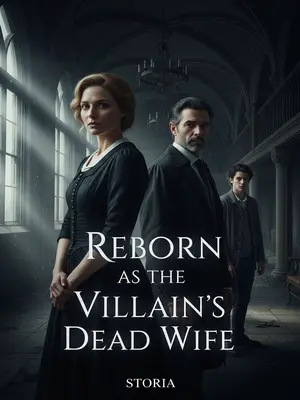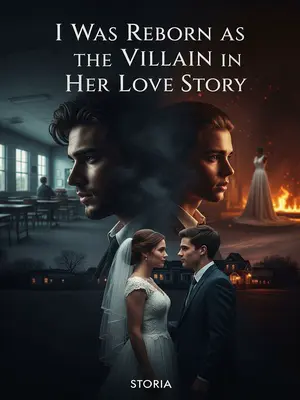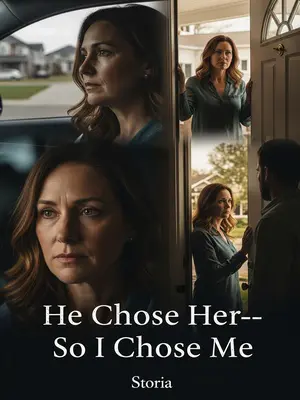Death at Home, Life Rewound
After giving my kidney to my younger brother, I died at home. I died at home, of all places. Funny how the end sneaks up on you—not with drama, just an ache in my side and a dull, distant beeping, then the hush of my own bedroom. Now, my soul drifted above the living room, hovering just below the old ceiling fan that always rattled in the summer, blades wobbling as if even the house was tired of holding on.
The last thing I remembered was the ache in my side and the beeping of machines, then the quiet of my own bedroom. Now, my soul drifted above the living room, hovering just below the old ceiling fan that always rattled in the summer.
My father pointed at my body and said I was bad luck, that I’d ruined his boy’s future.
His voice was sharp, echoing off the wood-paneled walls. There was no grief in his eyes, just frustration, as if I'd spilled milk instead of lost my life. For a second, I thought maybe he was talking about someone else. But no—he meant me.
Looking at this family—faces set like stone, arms folded, eyes cold—I felt a sorrow I’d never known. My chest tightened, like I’d swallowed a stone. I could almost taste the bitterness in the air.
It was a hollow, bottomless ache, like standing in the middle of a blizzard with nothing but a thin sweater. I’d always hoped, deep down, that they’d show me a little kindness, just once. But here, even my death was just an inconvenience.
If I ever got another shot at life, I’d live for myself—never be a doormat again!
I made a silent promise to whatever force was listening. No more waiting for someone to save me. If I ever got a second chance, I’d fight for myself, even if it meant standing alone.
When I opened my eyes, I saw the same old clapboard house I’d grown up in, the faded paint, the creaky porch.
The scent of cut grass drifted through the window, and the air was thick with the humidity of an Ohio summer. The place looked exactly as I remembered—worn, but stubbornly standing, just like me.
I was actually alive again!
I blinked, heart pounding, half expecting to see a hospital ceiling. Instead, sunlight filtered through a lace curtain, painting patterns on the floor. I flexed my fingers, feeling the roughness of calluses. I was back. Somehow, impossibly, I was back.
There were voices outside, coming closer: “That girl, pretending to faint from the heat, just lazy. She’ll make us the talk of Maple Heights.”
The screen door banged, and I heard Mrs. Harper’s familiar drawl. Gossip traveled fast in this town. I could practically see her shaking her head, hands on her hips.
If I remembered right, this was when I’d had heatstroke.
The memory came back in flashes: the sun beating down, the world spinning, the taste of dust in my mouth. I’d collapsed right in the middle of the soybean field, sweat-soaked and dizzy.
Malnutrition plus a July heatwave had knocked me out in the fields.
My stomach had been growling for days. We’d been sent out to weed, and I’d pushed myself until my legs gave out. The world faded to black as the cicadas screamed in the trees.
It was our neighbor, Mrs. Harper, who took pity on me and brought me back.
